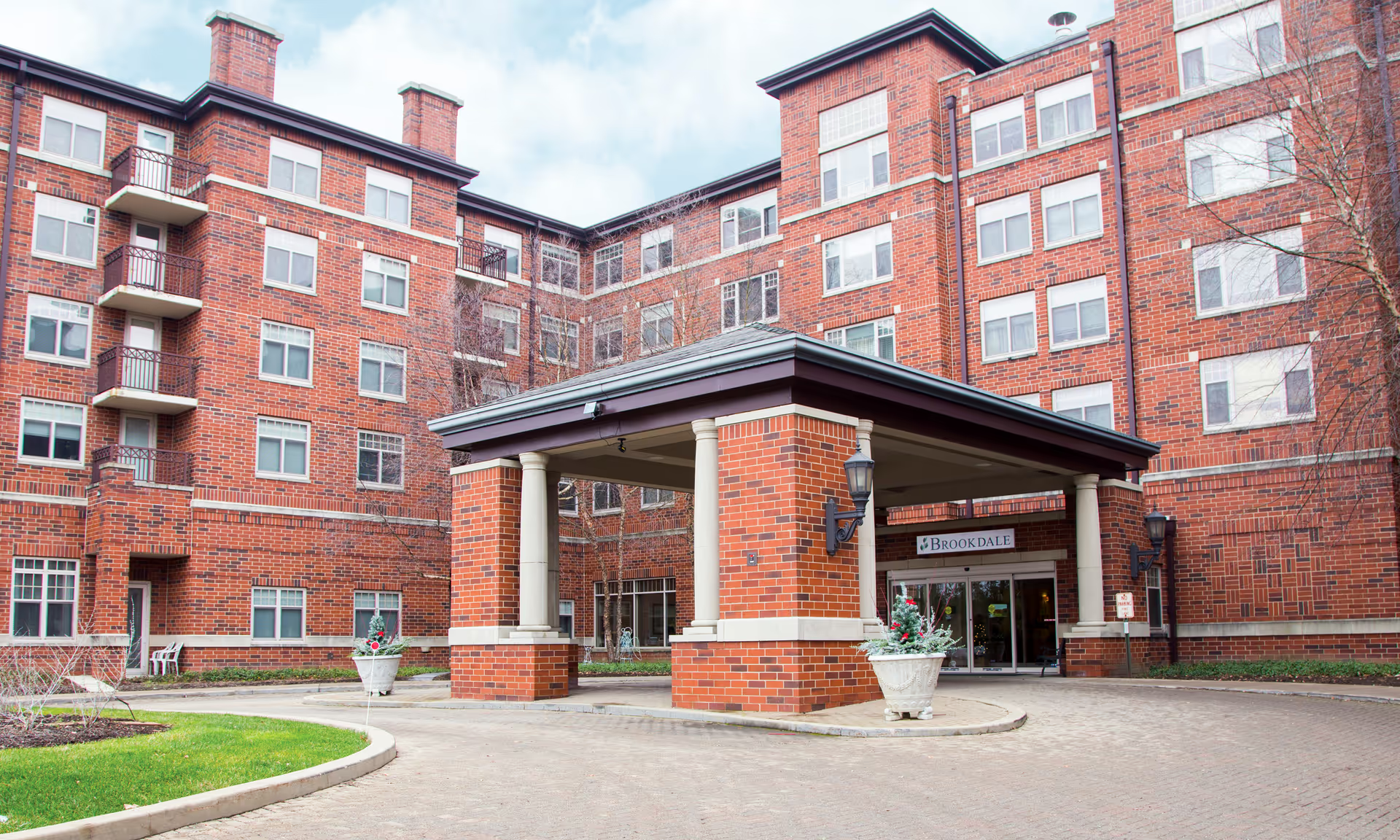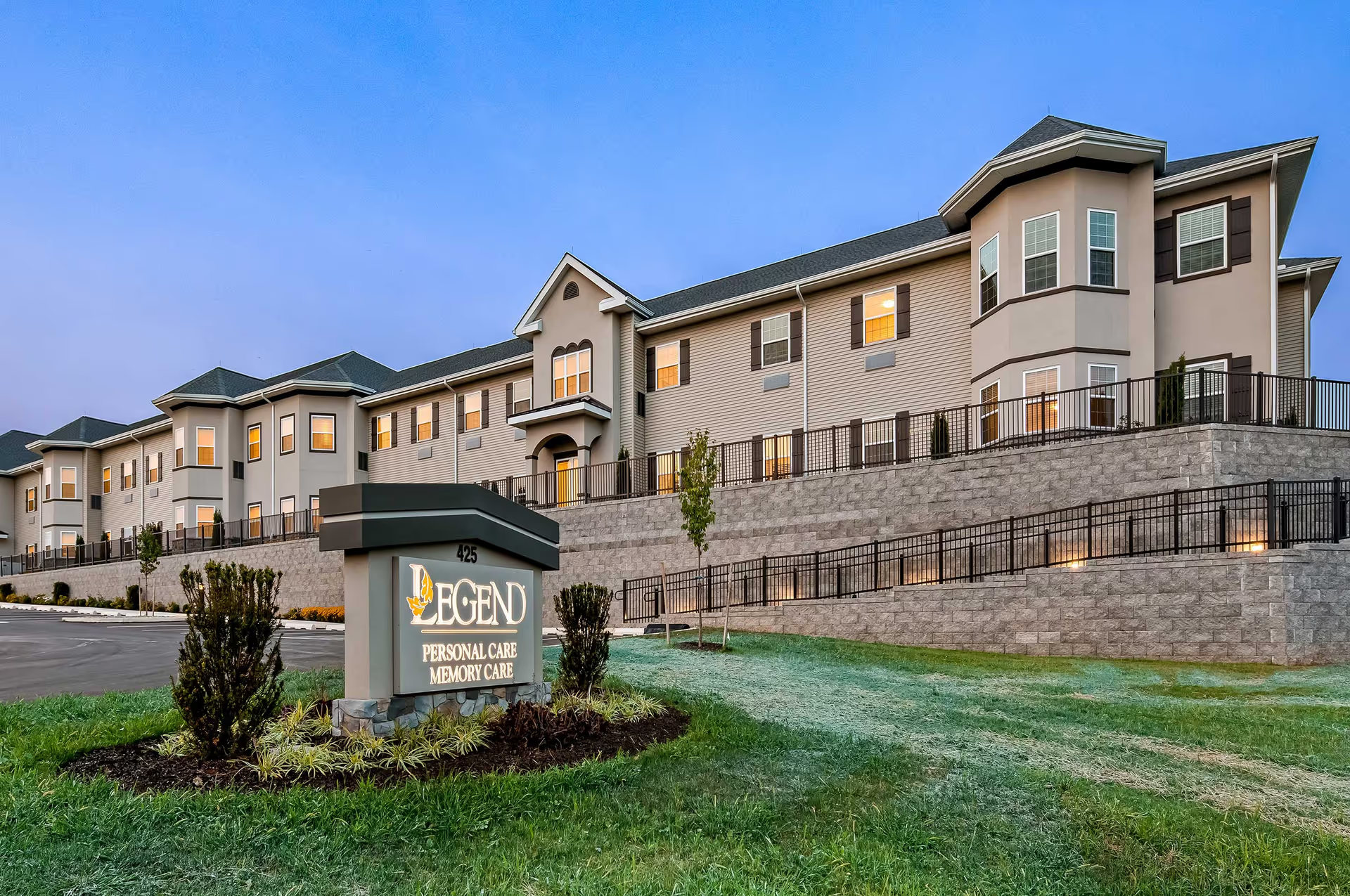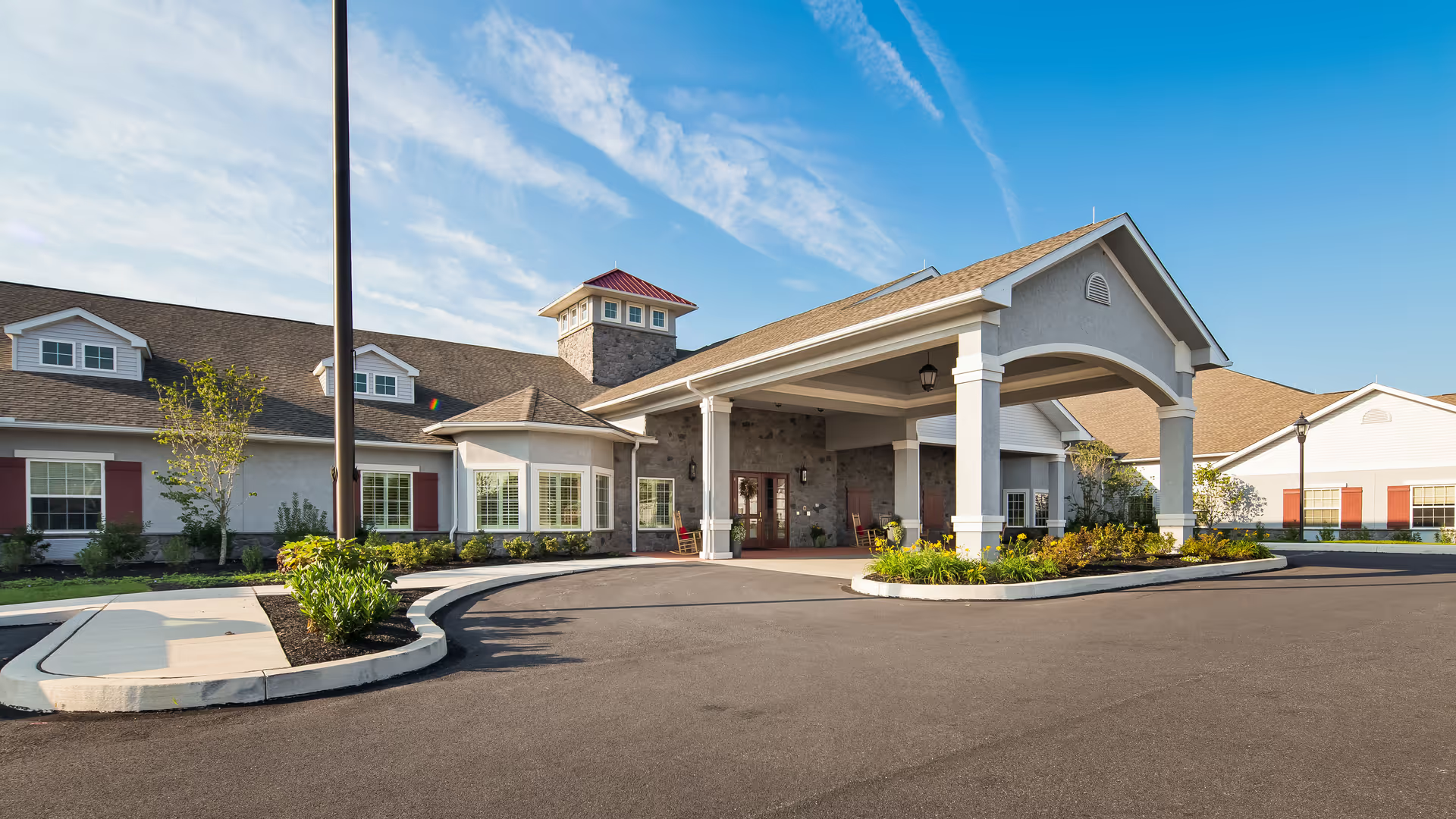Overall sentiment across the reviews is strongly negative, with multiple consistent complaints that point to problems in clinical care, hygiene and cleanliness, staff behavior and responsiveness, facility maintenance, and value for cost. Reviewers repeatedly describe experiences that raise concerns about resident safety, dignity, and the quality of day-to-day life at Dunmore Plantation.
Care quality and clinical management: Several reviews explicitly allege failures in medical and daily care practices, most notably insulin management and not following diabetic schedules. There are multiple mentions that residents were not fed or offered drinks as needed, and at least one reviewer connected care lapses to hospitalizations. These issues suggest systemic problems with medication administration protocols, staff training, supervision, or staffing levels. The combination of medication mismanagement and neglect of basic needs (food/fluid) represents a high clinical risk for residents with chronic conditions such as diabetes.
Staff behavior, responsiveness, and communication: A dominant theme is poor staff conduct and communication. Reported problems include rude or unprofessional behavior, inappropriate or offensive remarks, unresponsiveness to calls for assistance, and long waits for help. Reviewers also describe poor communication from staff and management, which exacerbates family frustrations and undermines trust. These patterns point to both interpersonal and operational deficiencies — from frontline caregiver attitudes to possible understaffing or ineffective call/response systems.
Facilities, hygiene, and maintenance: Multiple reviews describe strong, persistent odors (specifically urine odor), unsanitary conditions such as urine on furniture, and overall shocking or disgusting environmental problems. These statements indicate lapses in cleaning protocols, odor control, and routine maintenance. There are also reports of locked doors or hallways, which residents and families perceive negatively; locked access can raise questions about resident freedom, safety procedures, and emergency egress. Additional facility complaints include inaudible televisions and a lack of functioning entertainment, which degrade residents' quality of life.
Activities, dining, and daily living: Reviewers note limited resident activities and engagement, compounding the negative impressions of daily life in the community. Dining-related complaints go beyond food quality to include failures to offer food or fluids and inadequate attention to residents' scheduled needs (for example, diabetics' meal timing). Together these problems reflect insufficient attention to both nourishment and social/cognitive stimulation.
Cost and value: Several reviewers call out a mismatch between the facility's cost and the level of service received, describing the facility as expensive yet offering poor value. When combined with the clinical, hygiene, and staffing concerns, perceived high cost without commensurate care intensifies dissatisfaction and raises questions about oversight and accountability.
Patterns and implications: The complaints are not isolated one-off remarks; they recur across categories (care, cleanliness, staffing, communication), which suggests systemic issues rather than a single incident. Key risk areas that emerge from the reviews are medication management for chronic conditions, basic daily care (feeding, hydration), infection-control and housekeeping standards, staff training and culture, response times to resident needs, and transparent management/communication with families.
Recommendations for concerns evident in the reviews: investigate clinical policies and training for medication administration (especially diabetes care); audit staffing levels and response systems to reduce long waits and unresponsiveness; institute or reinforce rigorous housekeeping and odor-control protocols; review access/security policies around locked doors to balance safety and freedom of movement; improve staff interpersonal training and complaint handling to address reports of rudeness and inappropriate remarks; and provide clearer communication to residents and families about care plans and costs. These steps address the most frequently mentioned and serious themes found in the reviews and would be the logical priorities for improvement or inspection based on the reported experiences.







